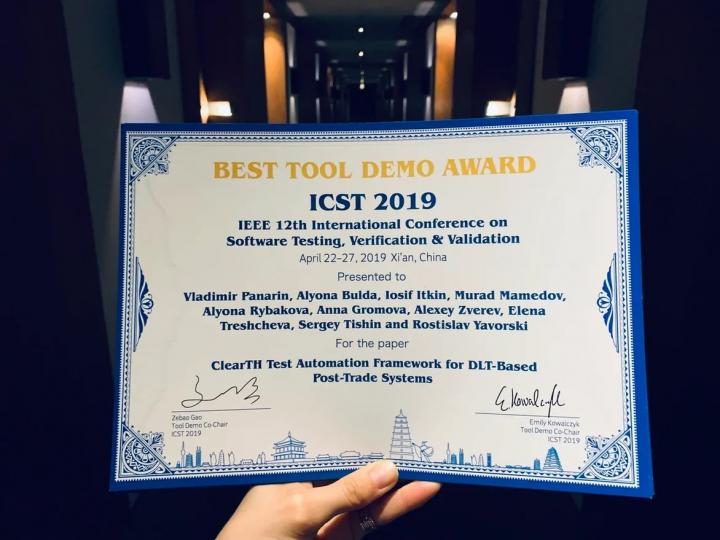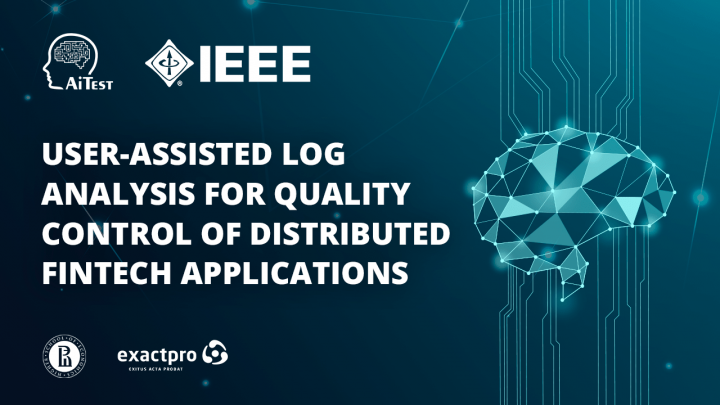Market surveillance systems, used for monitoring and analysis of all transactions in the financial market, have gained importance since the latest financial crisis. Such systems are designed to detect market abuse behavior and prevent it. The latest approach to the development of such systems is to use machine learning methods. The approach presents a challenge from the standpoint of quality assurance and the standard testing methods. We propose several types of test cases which are based on the equivalence classes methodology. The division into equivalence classes is performed after the analysis of the real data used by real surveillance systems. This paper describes our findings from using this method to test a market surveillance system that is based on machine learning techniques.
Olga Moskaleva, Researcher, Exactpro, London Stock Exchange Group
Anna Gromova, Researcher, Exactpro, London Stock Exchange Group





